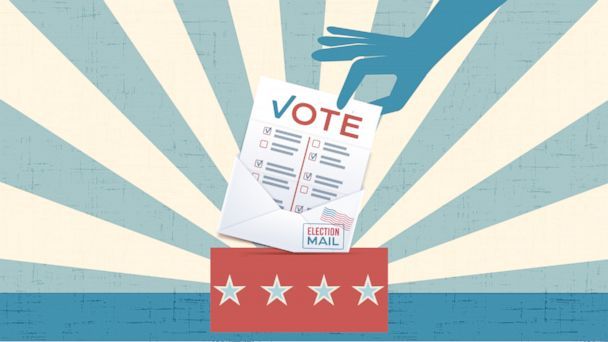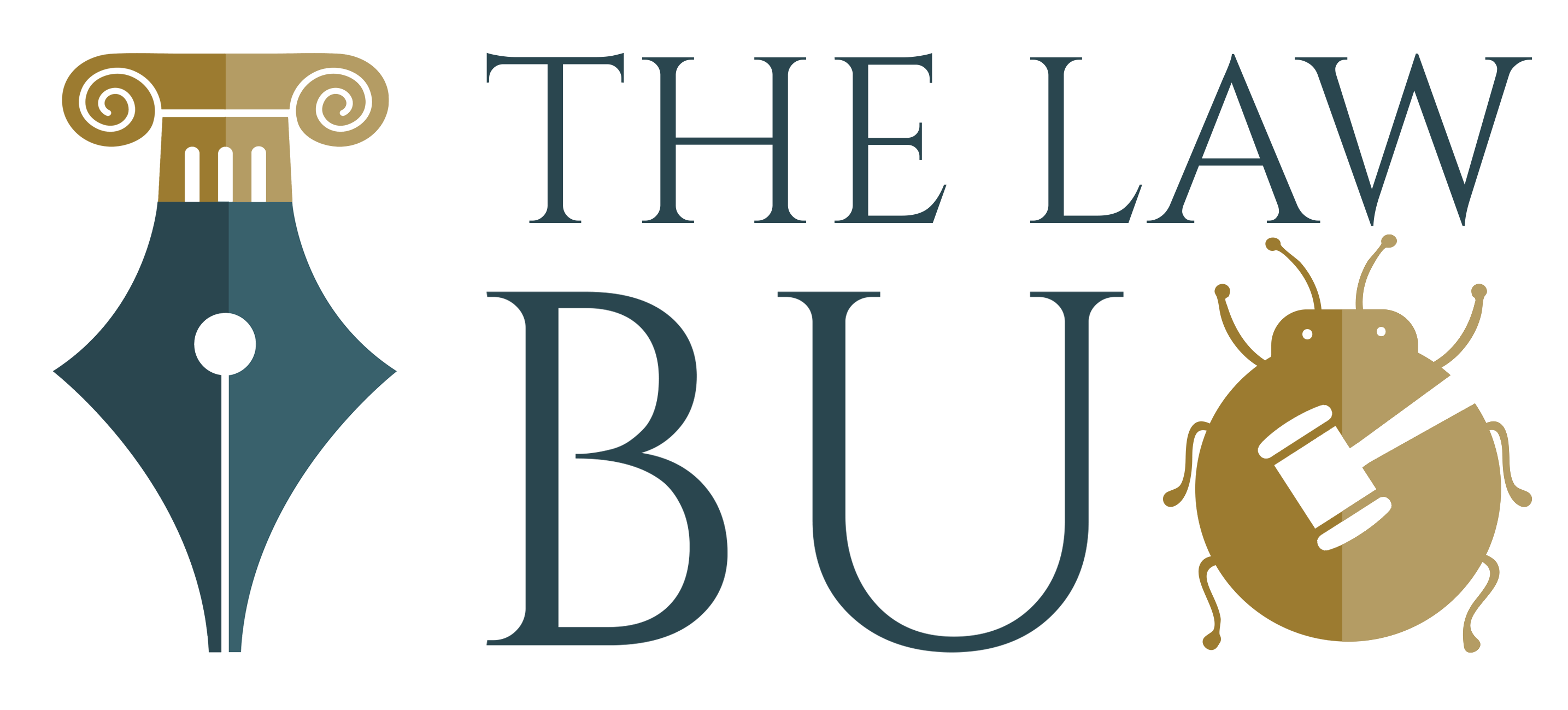Electoral Reforms- an Indispensable part of Free and Fair Elections in India

India is a democratic nation. The preamble to our Constitution itself declares to constitute India into a Sovereign, Socialist, Secular, Democratic, and Republic country. The term ‘democratic’ indicates that the Constitution has established a form of government, which acquires its authority from the will of the people through the practice of adult franchise. Elections are the most vital and integral part of politics in a democratic system of governance. Article 324 of the Indian Constitution has vested the Election Commission of India, the superintendence, direction, and control of the entire process for the conduct of elections in India. In People’s Union for Civil v. Union of India & Anr, the Supreme Court stated firmly that democracy is a part of the basic structure of our Constitution and rule of law and free and fair elections are basic features of democracy. Also, in the case of Kanhaiya Lal Omar v. R.K. Trivedi (1985 4 SCC 628), the Apex Court stated that the expression ‘election’ under Article 324 of the Constitution is used in a wide sense to include the entire process of election which consists of several stages.
Electoral reforms are an indispensable part of free and fair elections in India. Elections are an essential part of a democratic setup like India wherein the people elect their representatives for Lok Sabha who represent their interests and concerns. Electoral reforms relates to the changes that are made in the electoral system to seek quality improvements in which the voters are in a position to choose their representatives effectively. Following are some of the reforms that are necessary for elections in India –
- Electoral Expenditure – Election is an expensive affair in a democratic nation like India. Money expenditure plays a destructive role, which affects the working of effective elections. It leads to serious and grave corruption about which India has been trying to curb for since long, and contributes to the generation of black money in the economy, which is a serious turmoil for a democratic country like India. A candidate of each constituency who nominates himself for the elections spend millions of money towards the different events like that of publicity, conducting meetings, distributing free subsidies among the poor and needy people, transportation cost during election campaigns. Expenditure has risen beyond any limits due to the desire to win against their rival candidature. In the case of Kanwar Lal v. Amar Nath Chawla (1975 AIR 308), the Supreme Court observed that there has been the involvement of an enormous amount of money in the elections. The same critical observation was made by the Court in the case of Shankarrao Chavan v. Madhavrao Kinhalkar ((2014) 7 SCC 99). Recently in Dec 2020, the Election Commission of India (ECI), announced an increase in expenditure limit to 10 percent for candidates contesting Assembly and Lok Sabha elections. In my opinion, it is not a good stand by the ECI, because by exceeding the expenditure limit, the political parties indulge in malpractices, which leads to the worst form of political corruption. Hence, in my opinion, the ECI should try to curb the election expenditure to meet free and fair elections.
- Party Democracy– No electoral reforms can be made without reforms in the political party system. The structure and organizations of the internal members of the political parties should be free from any competitions among themselves, which in itself may harm the objective behind the formation of such political parties. Members should have a consensus among the members and should try to agree on policies and programmes for the society by promoting the common good. Each political party should comply with the democratic character of our Constitution. The Law Commission Report, 1999 recommended an amendment to sub-section (5) of section 29A of the Representation of People Act, 1961, requiring that the accompanying memorandum/rule/regulation with the party’s application under sub-section (1), should also contain a specific provision stating that the party would shun violence for political gains, and would avoid discrimination based on race, caste, creed, language or place of residence. There should be mandates and guidelines separately mandating the political parties to maintain the democratic character of their party allowing candidates from every part of the society thereby making itself an umbrella party.
- First Past the Post System – First past the post, the system is a system of election in which the candidate who gets a maximum number of votes gets elected. This system has its own flaws. Although, it is true that this system is quite simple and is easily understandable to common people and that’s why it has existed as a model for general elections but one cannot deny the deficiency of the same. The main deficiency of this system is that a candidate who gets elected need not secure the majority of the votes polled but only the highest number of votes among the candidates. Therefore, there is a possibility that a party, which does not get the majority of votes in most constituencies, may get a majority of seats. Such a party then forms the government, which in reality does not represent the will of the people. For instance, in the general elections of 1984 to Lok Sabha, the Congress party got only 48% of the total votes polled but the party was able to secure more than 80 of the total seats of the Lok Sabha (415 out of 543 seats). This system also excludes the fair representation of women and minorities from fair elections as the parties tend to accept the popular person as a candidate from a constituency over someone who is not so popular but is capable of responsibilities to be borne. It has serious implications because the composition of the Parliament suffers from a grave problem of lack of representation of about 50% of the population of the country. On a discussion on the motion for consideration of the Compulsory Voting Bill, 2009, it was discussed that the votes under the first past the post system which shows the representative character of the representatives itself becomes doubtful and their representational legitimacy vague. The system of proportional representation is used for the elections of Rajya Sabha in which political parties present lists of candidates in advance, who are awarded seats in proportion to their party’s vote share, usually with some minimum prescribed thresholds. Such a system however may sound efficient but is irrelevant to be applied for general elections to Lok Sabha. FPTP system was adopted to avoid fragmented legislatures and to facilitate the formation of stable governments during the independence, since then there have been numerous changes and there should be an introduction of a more efficient and representative mode of election system as a reform.
- Anti-Defection Law- The Constitution (52nd Amendment) Act, 1985 amended Act, 1985 amended Art. 101,102,190 and 191 of the Constitution regarding vacation of seats and disqualification from membership of Parliament and State Legislatures, and added 10thschedule to the Constitution setting out certain provisions as to disqualification on grounds of defection. In Amitbhai Karshanbhai v. Farukbai Motlani, the Gujarat High Court stated that the anti-defection law was to curb the evil of political defections motivated by the lure of office or other similar considerations that endanger the foundations of our democracy. In Kihoto Hollohan v. Zachillhu (AIR 1993 SC 412), the Supreme Court stated that the 10th recognizes the importance of political parties in our democratic set-up. Being a member of a political party on whose ticket he has been elected as a member, in the first place, he is generally expected to follow the direction of the party, which is one of the basic units in our democracy. The 10th schedule gives recognition to the political parties and stops the evil practice of shifting from one party to another. This law has been working effectively in maintaining free and fair elections in India thereby upholding the aspirants of the people.
- Paid News and Political Advertising – The Supreme Court in the case of People’s Union for Civil v. Union of India, stated that the right to accurate information forms an integral part of Article 19(1) (a). Paid news nowadays publishes and broadcast news items, which are generally biased, and false which creates an image before the public which influences the voting perspective of everyone. Political advertising is done by promoting an electoral candidate or political party or policy proposed in order to appeal to the public. The Supreme Court in the case of Secretary, Ministry of Information and Broadcasting, Government of India & Ors. v. Cricket Association of Bengal & Anr. ( 1995 AIR 1236), observed that misinformation or one-sided information of news, influenced by an authority or private individuals, threatens the core value of democracy. Also, in the case of Ministry of Information and Broadcasting v. M/s Gemini TV Pvt Ltd & Ors. (2004), the Apex court directed that all political advertisements by any registered party or candidate before publishing it on TV, Radio, or newspaper should get approval from the ECI. Recently, new guidelines of the press council of India asked newspapers not to publish any news survey predicting the victory of a political party in elections without due verification. Such reformative measures are necessary.
- Opinion Polls- Opinion poll is a method for collecting information about the views of a given group. Information from an opinion poll sheds light on and potentially allows inferences to be drawn about certain attributes of a larger population. The ECI in 2004 conducted deliberations, which inserted section 126A inserted in the RPA to impose some restrictions. It is necessary however not to be influenced by such opinion polls.
- Compulsory Voting – Section 32 of the RPA talks about the “right to vote”. Every citizen of India is a part of the democratic nation should take part in voting during elections in order to represent themselves through the medium of their representatives, as they are the only instruments who could bring forth their aspirations into a reality. In the case of Lily Thomas v. Speaker, Lok Sabha (1993 4 SCC 234), the Supreme Court held that that “right to vote means right to exercise the right in favor of or against the motion or resolution. Such a right implies right to remain neutral as well.” In PUCL v Union of India, ((2003) 4 SCC 399), the Supreme Court stated, “The right to vote for the candidate of one's choice is of the essence of a democratic polity. A fair and free election only takes place when people exercise their vote in giving rise to the true nature of democracy in India.
- Right to Recall- In a democratic nation like India, an electorate can recall an elected representative for under-performance, corruption, or mismanagement while still in office, by filing a petition that triggers re-election usually after a particular percentage of people sign the petition.
- One Nation One Election – In a vast country like India, one nation one election is not suitable. There is no such efficient machinery, which can bring forth this reformative suggestion into a reality, as it cannot be achieved without draconian changes to the Constitution of India. Such an election would overlook the regional identity of different states across India which will harm the representative character of the entire election system in India.

Comments ()